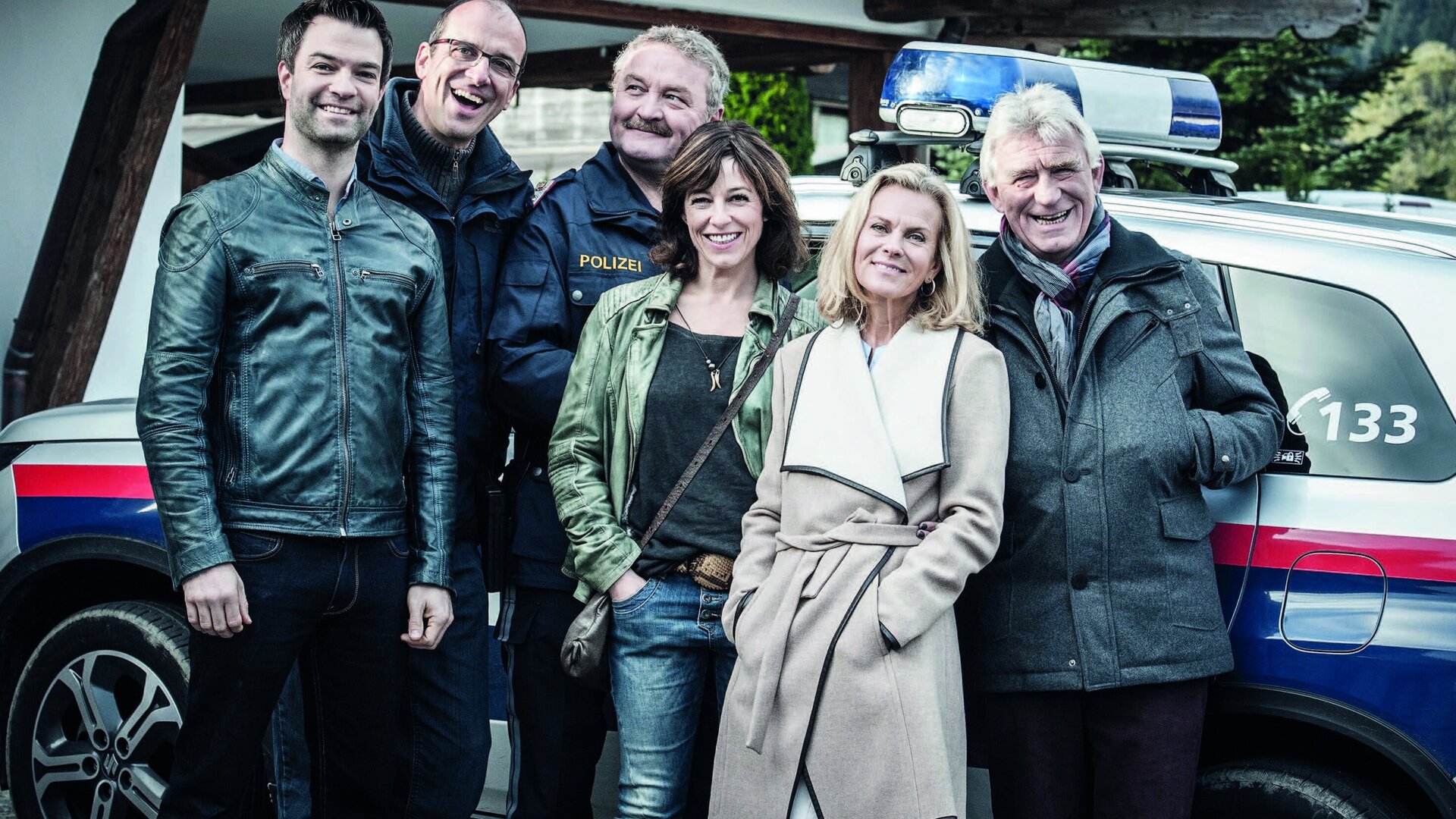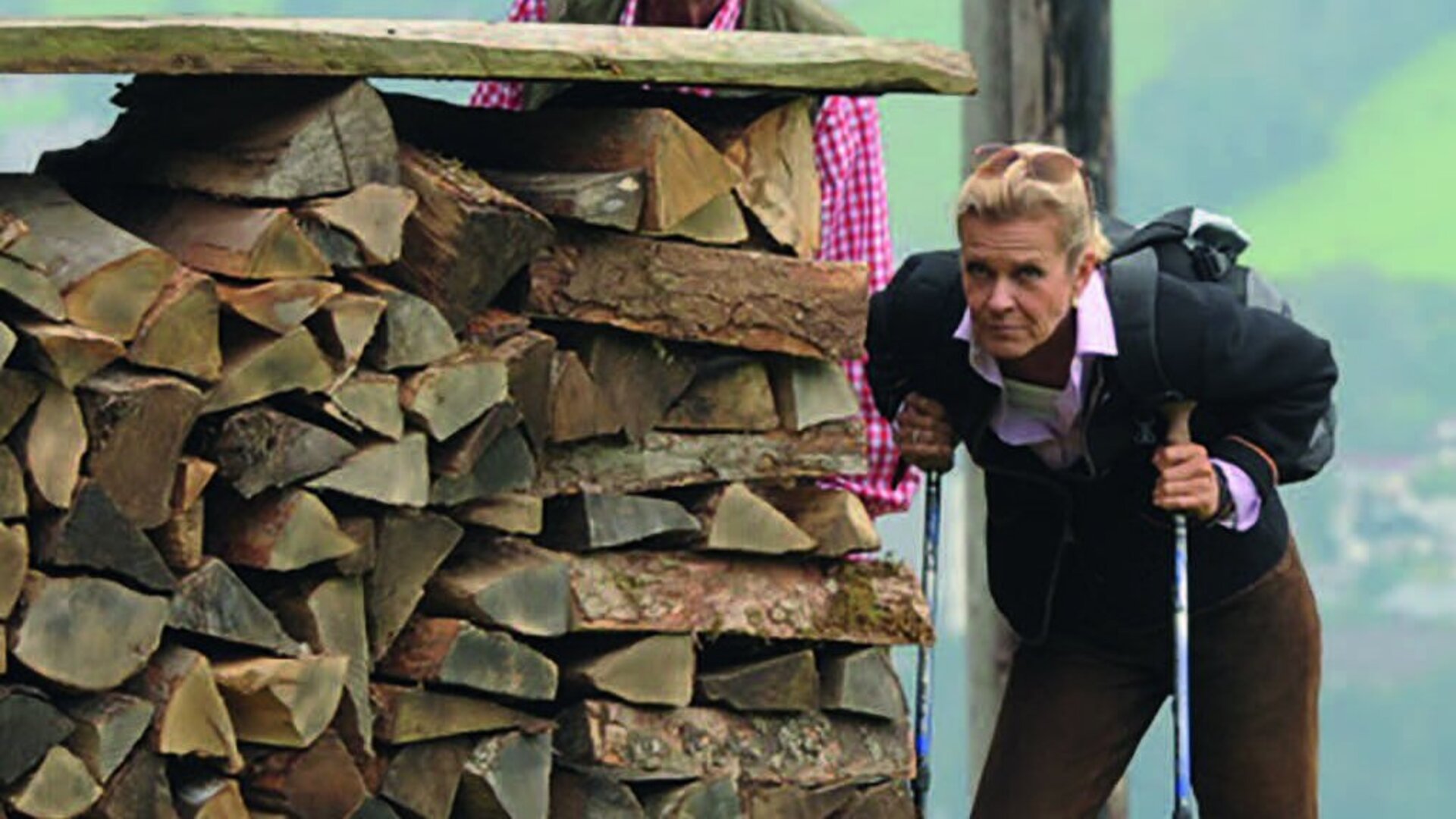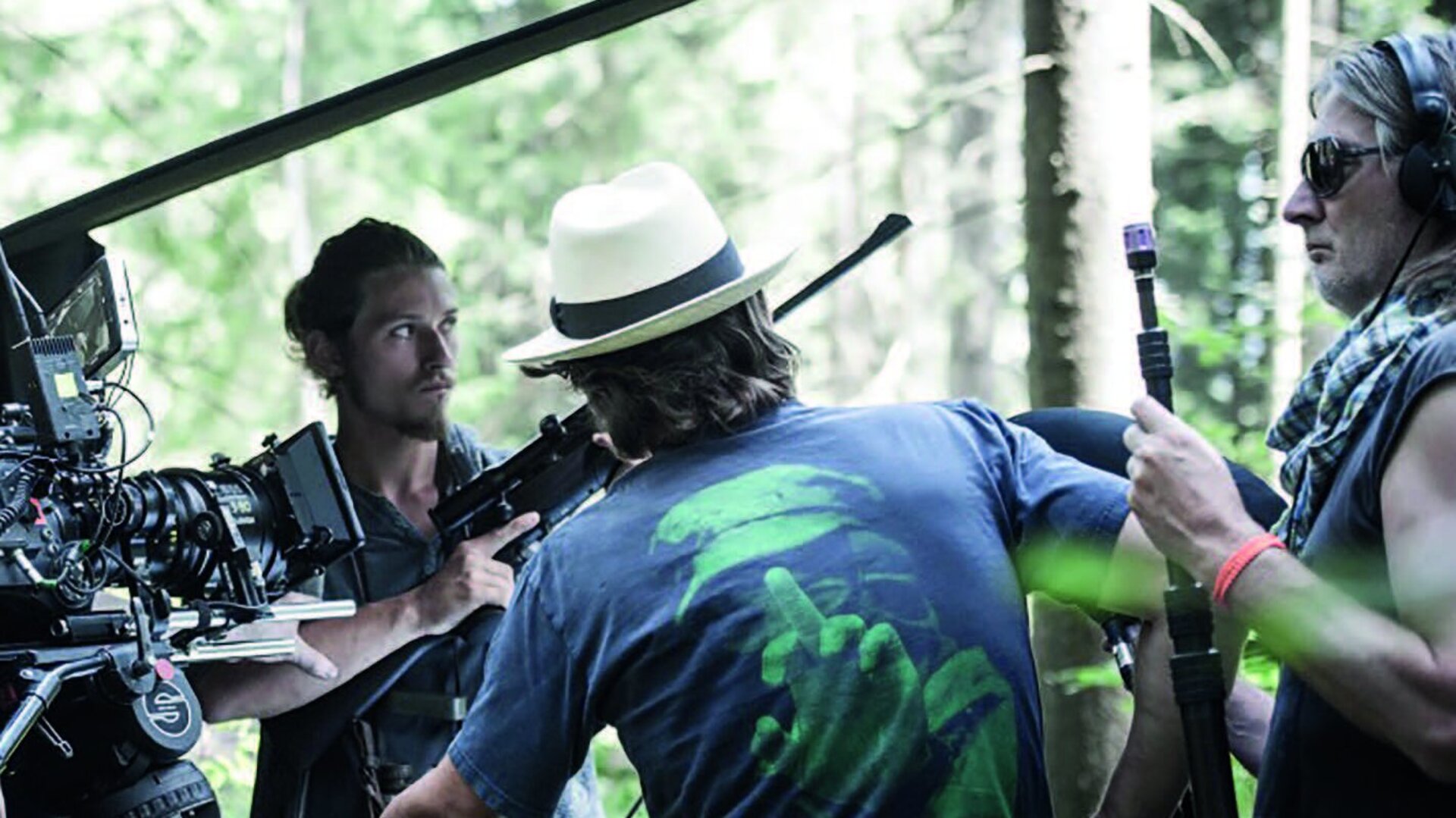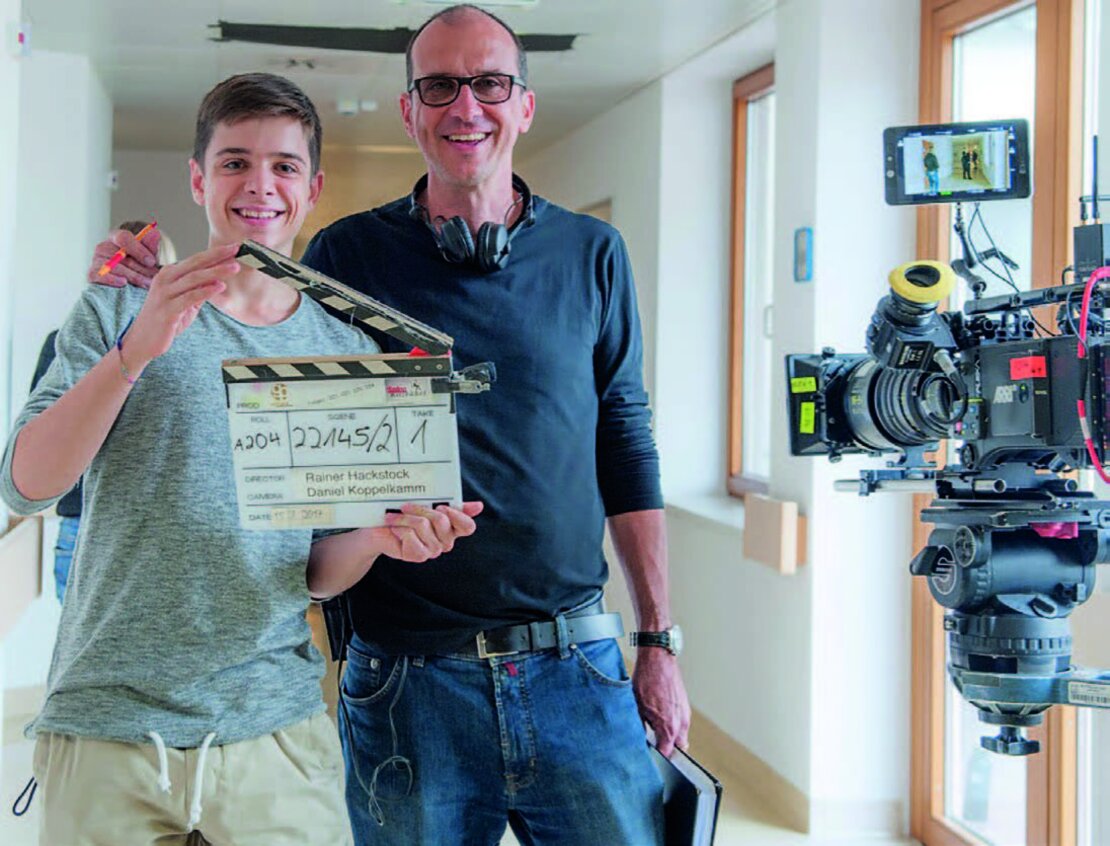Rainer Hackstock is convinced, the script is what’s crucial for success: "With a good script you have the chance to make a good film. With a bad script, even the best actors, the most beautiful lighting and the most refined cuts won't help.” And Rainer Hackstock knows what he is talking about - from both sides. He has written scripts for TV successes such as "Kommissar Rex", "Schlosshotel Orth", "Schnell ermittelt", "Die Lottosieger" and "Cop Stories". As a director, he directed 25 episodes of the series "Tom Turbo" and with the episodes still to be shot this year, a total of 17 episodes of "SOKO Kitzbühel". Hackstock graduated from the Film Academy in Vienna (production and camera) and then studied at the Regent University in Virginia Beach in the USA, where he graduated in 1992 with a Master of Arts in directing and screenplay.
"I arrived in Austria and thought: I am ready. But in fact, there was nothing to be ready for," Hackstock reminisces about his beginnings. He kept going with jobs as a driver, second camera assistant and production assistant until he was hired as an assistant director at "Stockinger", the spin-off of "Kommissar Rex" with the wonderful Karl Markovics as the unconventional detective Stockinger, and soon realized that he still had a lot to learn. As a screenplay writer he managed to gain somewhat of recognition in the early 2000s, and soon he was well known and was one of the more established authors of some highly successful TV series.
But as it is in this industry, you can't make a really good living from it yet. Especially if you have a family - Rainer is married and has two grown-up sons. "It wasn't always easy for the family, and neither for myself." However it is the willpower that counts and a little bit of luck that goes with it, which strikes, as they say, the prepared ones.
"Tom Turbo" was a lucky coincidence, a series where Hackstock could show that he is not only able to direct, but also able to work with children. He describes his cooperation with Thomas Brezina, who is known to be quite arbitrary: "Thomas has come up with the craziest stories, and we've put them to practice every time. It wasn't always easy, but when it came to camera tricks, CGI or green box, it was the best training. The experience I gained back then helps me with my TV commercials, but also with 'SOKO Kitzbühel'.” After another children's series in Germany, in which he was responsible for writing and directing, he finally made the leap to "adult television" in 2014: He directed three episodes of 'SOKO Kitzbühel' and has been part of the regular team ever since.
In addition to the successful ORF/ZDF co-production, he is also working on concepts for longer formats, as his next goal is a fictional feature film - for television or cinema. "Nobody is waiting for me; I know that by now. That means I'll work just as hard for the next step as I did before." In general, he regrets that children get so little importance in the fictional field. In his eyes, movies about children, even though their scripts are written by adults, are told through the eyes of those children. He hopes that fictional television will not disappear for financial reasons, because competitors like Netflix or Amazon are already leading the competition. Nevertheless, TV stations are currently looking for answers and are already making content available online via media libraries or their own VOD platforms.
In reply to a question raised by us concerning what is most important to him in filmmaking, he says: "To encourage people, to show solutions and to provide role models.” Hackstock works for the "entertainment" sector, but always wants to see it paired with content and quality. To be allowed to work in the fictional sector of the TV world is a great privilege for him, and his motivation is to make each work better than the previous one. Hackstock is now in his early 50s and hopes to be able to shoot many more series, episodes and films. Having written many scripts is not a disadvantage for him in his directing work. "This experience helps me to recognize weak points. I can be supportive even in the preparations, because the demand of the audience is still high to see good stories." He views the importance of TV series in the same way as US broadcasters do: “Television is the cinema of today”, he said, and rushed to a script review for a new episode of "SOKO Kitzbühel".



